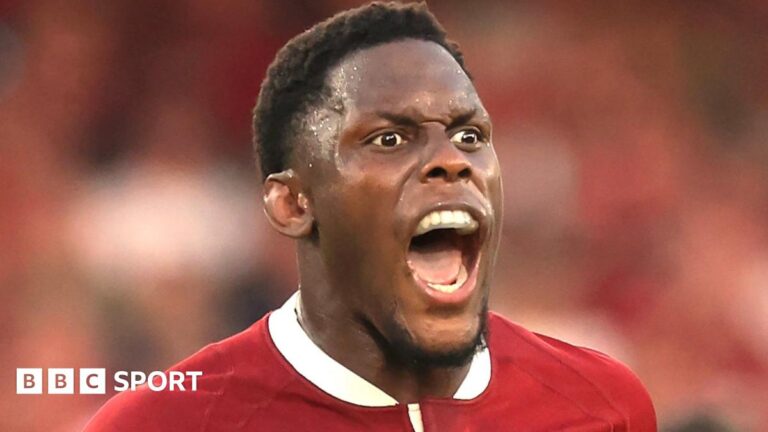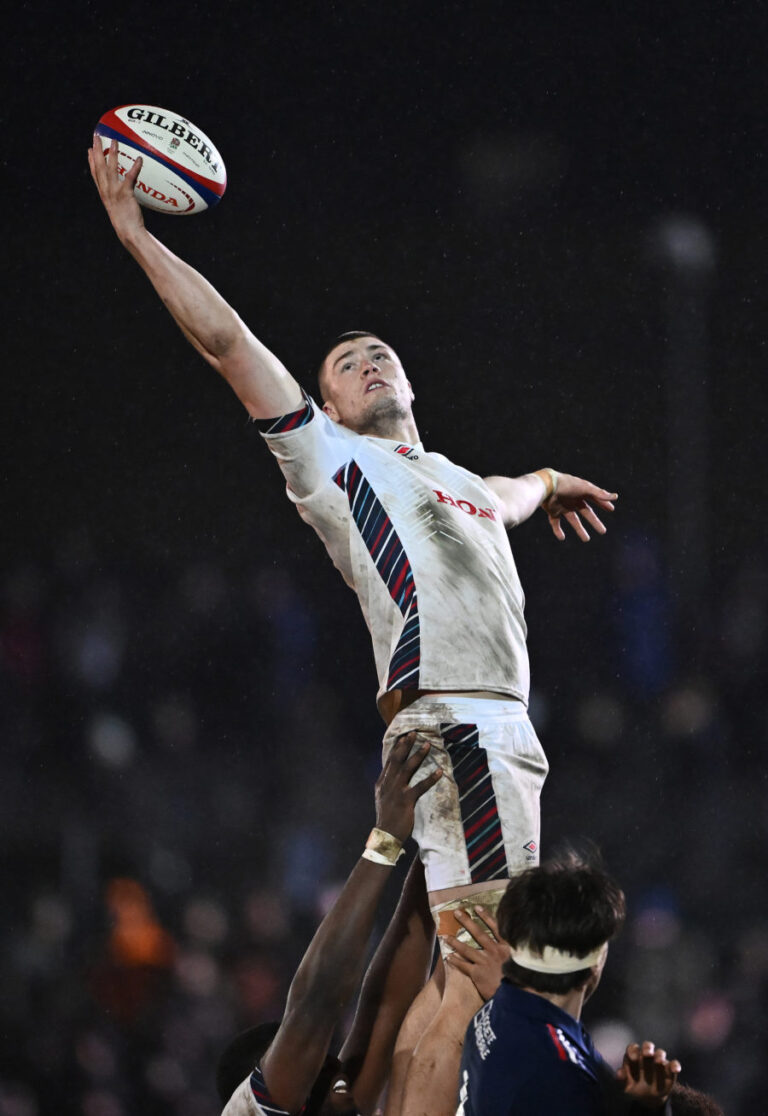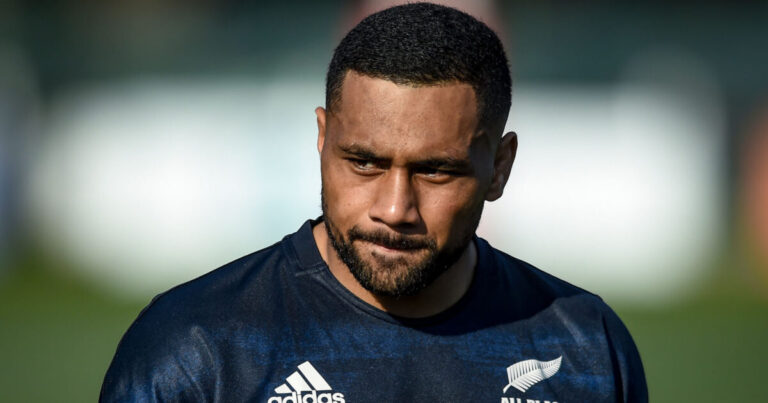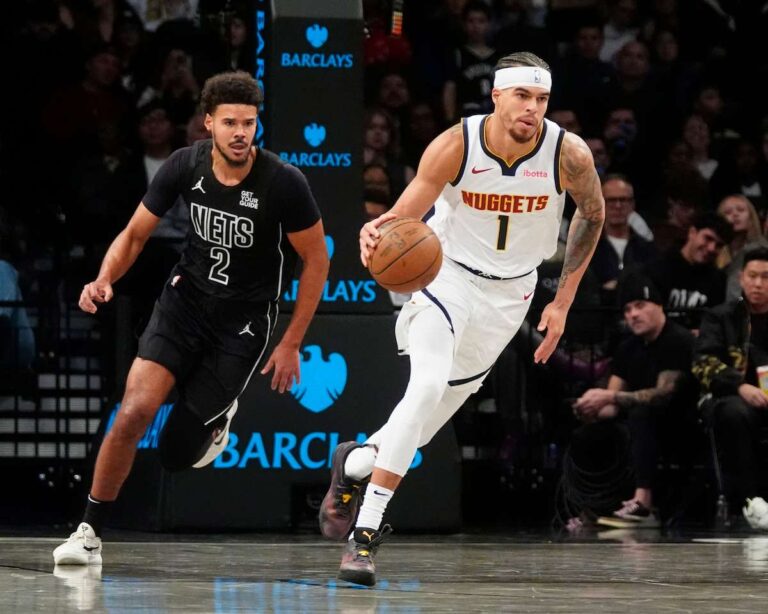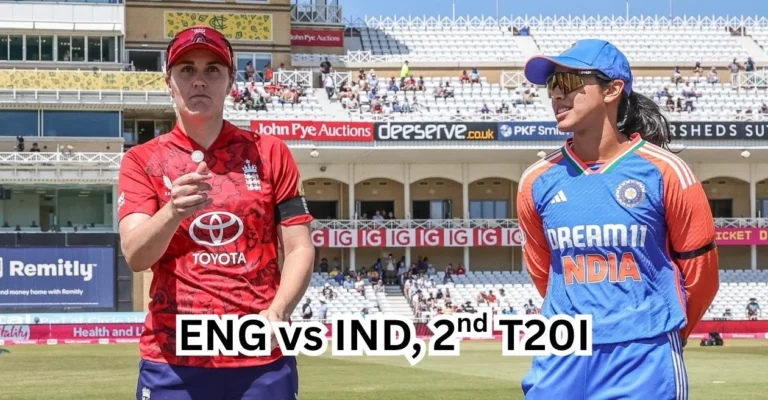
Who would be the next Australian head coach after Joe Schmidt? The saga has been running as long as a series of Neighbours or Home and Away, and with as many twists and turns in the plot. When the sorely-pressed supporter of the green-and-gold finally had their answer to months of uncertainty, it came in two short syllables: Les Kiss.
Upon announcement, Rugby Australia CEO Phil Waugh did his level best to cut and polish the long and winding process underpinning his appointment.
“I did joke [with Les]… saying ‘welcome home’,” Waugh said. “It’s great to have someone who’s been embedded in the system for a long period of time, understands the history of Australian rugby, and has spent time offshore. We’ve ended up in a really elegant solution here which provides certainty.”
After a couple of weeks of toing and froing with the Queensland Rugby Union on matters contractual, it was decided the incumbent head coach, New Zealander Schmidt, would extend his stay for a second time until the end of 2025, with Kiss taking the reins in July 2026.
Schmidt’s prolongation of his current deal meant Kiss could see out his own three-year contract with the Reds with no need for RA to pay additional compensation for his services. Hence the ‘elegance’ of a neat fit in the handover of power from Schmidt to Kiss.
Kiss’ own comments were pages taken from the same picture-perfect media manual as Waugh’s.
“I’m really comfortable about the process, I’m really comfortable in terms of understanding where I’ll land with this,” he said.
“I’m not here to rip and tear, I’m going to make sure I dovetail as much as I can and I’ll bring my points of difference into play but [Joe Schmidt and I] have a lot of things in common.”
With Kiss’ Queensland coaching crew also off-contract in mid-2026, it is highly likely the Reds supremo will want to bring them on board in time for the start of the World Cup in October 2027. But if Kiss was always the preferred candidate, the glaring question remains: why did it all take so long?
*
Does Kiss have time?
There will be only 15 months from Schmidt’s departure until the beginning of a home World Cup, and there will be no fully fledged Rugby Championship in 2026 where the Queenslander can cut his teeth as an international head coach.
An eight-week ‘greatest rugby rivalry’ tour of South Africa by the All Blacks has been scheduled for the Rugby Championship window, and that leaves Australia and Argentina out in the cold.
It has left Waugh scrambling to collect the crumbs falling from the SANZAAR table, including “unprecedented inbound and outbound tours” presumably of Argentina, or maybe Japan. It is not ideal. Whatever the outcome, it is likely to leave Kiss short of top-quality international opposition in his first year in charge.
Does Kiss have the head coaching background?
Kiss will be 61 years old when he becomes Wallaby head coach. The two other head coaches who have risen to the top at similar times mid-World Cup cycle are Michael Cheika [before the 2015 World Cup] and Rassie Erasmus [before the 2019 edition]. They were 47 and 45 years old respectively. Has opportunity knocked at the right moment in Kiss’ coaching lifetime?
The other question orbits around Kiss’ own record as a head coach. His current role in Queensland follows two other jobs at Ulster [2014-2018] and London Irish [2019-2022]. At Ulster, Kiss was officially installed as director of rugby with Neil Doak as his senior coach until 2017. Doak was succeeded by Jono Gibbes during Kiss’ final season. At Irish, Kiss was the head coach supporting DOR Declan Kidney until the club entered voluntary administration in 2023.
Let’s take a closer look at the pattern of Ulster’s results during Kiss’ tenure.

Kiss’ overall record at Ulster rolls in at a respectable 60% win rate, but two semi-final appearances in the then-Pro 12 play-offs were followed by two failures to qualify, while the Champions Cup knockouts were a no-go zone for Kiss’ men throughout his reign.
Kiss’ final season was asterisked by the rape trial of two Ulster backs, Paddy Jackson and Stuart Olding. Both were found not guilty of the charges but had their contracts revoked after an internal review by Ulster Rugby and the IRFU.
At the time, ex-Ireland legend Brian O’Driscoll called out Ulster as a ‘basket-case’ on Off The Ball AM, and his analysis of Kiss’ time at the province was supported by Jonathan Bradley in The Belfast Telegraph:
“Having made his name in this part of the world as the architect of Ireland’s defence through a wholly successful period, the IRFU sending him north was seen as a hugely positive development only three years ago.
“A strong coach would find the new role posed new problems, with delegation believed to be chief among them.
“While injuries hit hard, and he inherited a squad already in decline, the fact performances showed simply no improvement ultimately left his position untenable.”
The issue underlined in bold is the difficulty of the transition from assistant to head coach, including the ability to delegate authority to others.
Kiss’ move to London Irish was accompanied by a logical job-swap, with Kidney as director of rugby and Kiss occupying the role of head coach.

The overall win rate is 40%, with an observable jump in the final two seasons, up from 32% in 2019-21 to 46% in 2021-23. London Irish did not qualify for the Premiership play-offs during those four seasons and exited the second-tier Challenge Cup at the quarter-final stage twice. The endgames at Ulster and Irish were turbulent rather than elegant, with both clubs left in a state of disarray at the time of Kiss’ departure.
Does Kiss work best as an assistant?
The apogee of Kiss’ career to date occurred as an assistant coach to Schmidt with Ireland, the men in green winning back-to-back Six Nations titles in 2014 and 2015. His background as a head coach is lukewarm, so it is not hard to foresee another U-turn by his old pal Schmidt in 2027; returning at the controls in time for World Cup, with Kiss comfortably riding shotgun alongside his long-time rugby buddy. That is the elegant solution, to adapt Waugh’s phrase.
As then-IRFU performance director [now Andy Farrell’s British and Irish Lions general manager] David Nucifora suggested at the time of Kiss’ leaving Ulster: “It’s no secret we were disappointed to lose Les from the national team set-up in 2015 but we fully understood his decision to pursue the opportunity at Ulster.”
Those are the kind of ‘raps’ you assuredly reserve for a highly-valued assistant, not the top dog and they echo the sentiments of the man himself upon his appointment.
Joe and Les, working in harness together, with Joe calling the shots. If any storyline represents the best possible-scenario for Australia in 30 months’ time, that must surely be it.
*
Kiss’ Reds lost their fourth game of the Super Rugby season to the Fijian Drua in Suva at the weekend, and the game illustrated some of the difficulties which may yet translate from the franchise into the national side when he leaves his post.
A few weeks ago, I highlighted just how easily Bobby Valetini was able to run over wing Tim Ryan from a close-range lineout.
You only bring your wing into the 10 channel close to your own goalline if he is a better tackler than the man who normally occupies it, and Ryan was no upgrade.
The Drua had obvious targeted Ryan and the left edge of the Reds defence in their preparation, because most their success in attack came down that side of the field.
The left side of the Queensland backfield, manned by Ryan, is extremely deep and that opens the opportunity for short kick in behind the front line for the Drua.
Ryan tended to defend deep and passive throughout, and both features were a factor in the first Fijian try.

In the try-scoring sequence, ‘Crazy-legs’ starts only 10m away from his own goalline and it gives him no chance to shut down the play once the ball goes wide. Giving a ball-handling side as good as the Drua the whole width of the field in which to operate, under no pressure at all, is rarely a good idea.
Ryan’s tendency to make poor decisions in and around the tackle cost Queensland another score in the 25th minute.
Fiji probably noticed Ryan’s penchant for ‘honey-potting’ close to contact situations in their pre-game analysis, and as in the earlier Valetini example he can be very slow to get into a stable position to execute a tackle.
In the second period, the pressure on Ryan only grew as the Drua attacked from within their own 22 left to right on three separate occasions, and it occurred in all situations.
Even when Heremaia Murray entered the fray to help Ryan out, the left-hand edge of the Queensland D remained the Drua’s go-to area of attack in times of need, right to the very end of the match.
RA’s solution to their coaching conundrum is ultimately elegant in appearance only. Kiss will have only 15 months to make his mark, though given his previous record at Ulster or London Irish it is unlikely he will be asked to do more than ‘dovetail’ into the existing structure.
Schmidt has already extended his contract twice and it would be no surprise to see him reappear for a third time at the World Cup, with Kiss playing Robin to his Batman. A ‘Gotham City ghost’ in grey and black could yet be pulling all the strings in the puppet show of Australian rugby.
